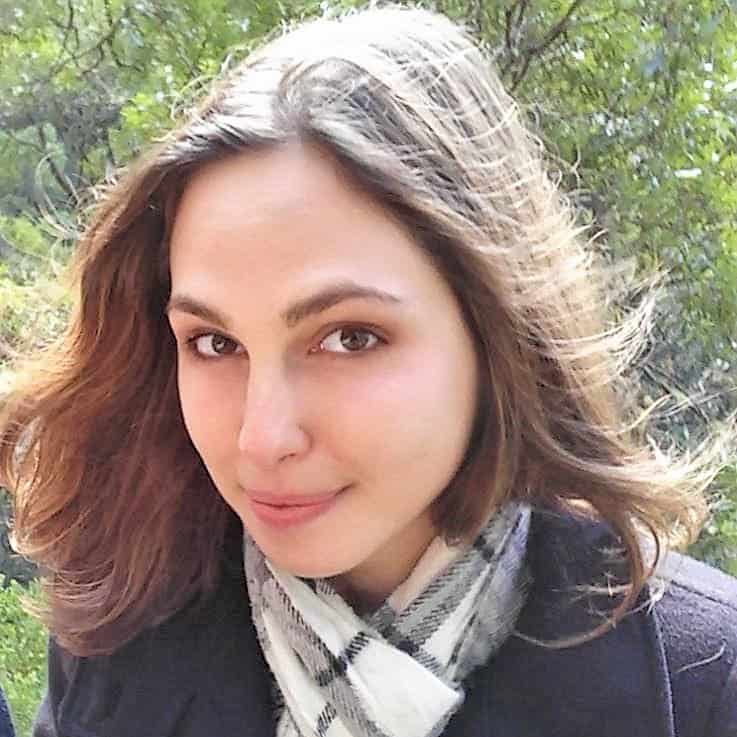
Cassidy Nelson
Field: Global Catastrophic Biological Risks
Position & Organization: Research Scholar at the Future of Humanity Institute, University of Oxford
How did you get started in this field? My educational background includes undergraduate studies in science (neuroscience and developmental biology) followed by a degree in medicine. After five years of hospital-based work, I developed a strong desire to have more impact with my career than what a doctor in the Western world typically can do. After coming across the Effective Altruism movement, I became convinced by long-termist arguments and commenced a change of career. I undertook a Master of Public Health and my focus since has been on optimising for a career in biological x-risk mitigation and biosecurity. Meeting x-risk researchers at EA conferences in 2017 and 2018, I decided to apply to do a DPhil in pandemic modelling at the University of Oxford and for a position on the Research Scholars Programme at the Future of Humanity Institute.
What do you like about your work? I like working in a field that I feel has high expected value; I feel that reducing the chance of x-risk events, even by a small amount, is worthwhile even if the baseline probability of one occurring in any given year is low. I feel that my current position allows me to use my knowledge and skillset more fully than was possible in previous roles. The challenges, including the breadth of domains x-risk and biosecurity touch upon, are an opportunity to embrace continual learning.
What do you not like about your work? Sometimes the best project or path is not immediately discernable; I care about working on the most important and pressing problems within bio x-risk and GCBR mitigation but deciding on the optimal approach in a newly established field has its challenges. It is not always clear whether a particular project or the dissemination of its results would be net positive. Additionally, thinking about large scale events that could alter the long-term trajectory of our species, or even result in extinction, can be sobering.
Do you have any advice for women who want to enter this field? Despite it being said in many circles, I do think that making a concerted effort to ‘lean in’ at work and in meetings ensures that your voice is heard and your ideas engaged with. This is a great field if you feel it suits your skillset, but for better or worse the main route to impact does seem to be through having your positions considered. Technical domain knowledge and expertise are extremely useful, but in isolation they will be unlikely to sway resource allocation and policy that affects GCBR and bio X-risk reduction. While women still represent a minority in these fields (both in x-risk research and in biosecurity more generally) the proportion seems to be changing and colleagues do tend to judge on merit and demonstrable ability. Being female, and looking young, I’ve made efforts to change my approach to meetings and conversational style while at work and feel this has helped, but I don’t feel all women will find this necessary.
What makes you hopeful for the future? I feel I’m surrounded by people who care deeply about life and addressing large and complex risks. I feel this field’s focus, while grim on its own, is also intrinsically coupled with the desire and hope that the future can go well. I remain hopeful that if we can navigate the next century safely, a better existence awaits us and our descendants. I am inspired by what could be possible for conscious life and I hope that my career can help ensure no catastrophic event occurs before our future is secured.
